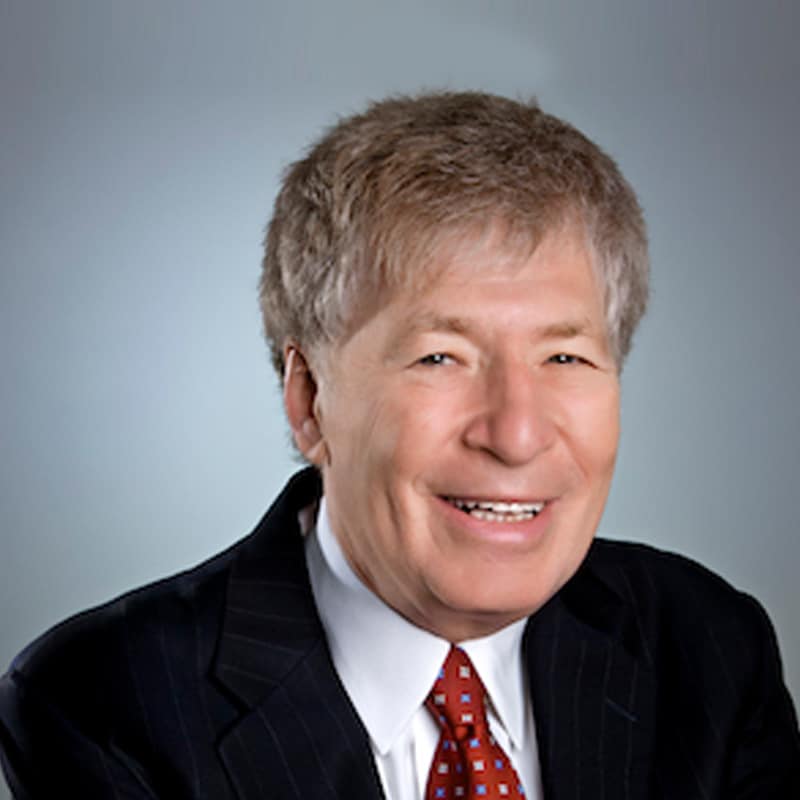
#62
Performing Under Pressure
Hendrie Weisenger
Dr Hendrie Weisinger, Ph.D. is trained in clinical, counselling, and organisational psychology and is the author of nine books, including ‘Emotional Intelligence at Work’, ‘The Power of Positive Criticism’, the New York Times Bestseller ‘Nobody’s Perfect’, and senior author of the New York Times Bestseller ‘Performing Under Pressure’. Dr Weisinger has spent three decades helping individuals and their organisations enhance their personal and work effectiveness through innovative applications of clinical, counselling, social, organisational, and evolutionary psychology.
He is also a blogger for PsychologyToday.com, The Huffington Post, Execunet.com, Lifehack.org and other popular sites. Dr Weisinger is currently working on his next two books, ‘Flying Like Superman’ and ‘The Mobile Skill Set’.
Subscribe
Find the show on your favourite player
Summary
02:30 How Hendrie’s clinical experience inspired his research into organisational psychology and the workplace
- Hendrie is a clinical psychologist as well as a consultant and author
- From Hendrie’s first clinical internship, he discovered that there were many applications of psychological principles that could benefit people in the working world
- He realised that people weren’t giving and taking criticism well in the 1980s
06:27 Understanding the difference between feedback and criticism
- Feedback is a noun whilst criticize is a verb
- Criticism is a great opportunity to change your boss’ perception of you
- We need to change our views of criticism as to something positive
- Criticism is evaluation whilst feedback is a process
- “Productive criticism is synonymous with change”
- If you don’t change your behaviour, the criticism isn’t productive
11:24 On the frequency of giving criticism
- It needs to be frequent, but also naturally incorporated into conversations
- Find ways to interact with your team so you can easily talk about a lot of things
- How you give criticism impacts the way the person takes criticism, how they take criticism impacts the way you give criticism
- If the person is defensive with criticism, it’s a cue that how you’re delivering the criticism is not working
15:08 The role of praising people
- It needs to be sincere, timely and specific
17:07 How pressure can undermine success
- Do you perform better/ the same/ or worse if you perform under pressure? The majority performs worse
- It’s just an illusion you play at your best under pressure
- If you are the best normally, the edge is just to play your best
- Pressure is a villain: is attacks your thoughts, ethics, physiology, behaviours
- Pressure distortions
- We often get confused with stress and pressure
18:20 Is pressure a privilege?
- No athlete wants to be under more pressure
- They are privileged to be playing the championship game – not to be under pressure
25:31 Do some people handle pressure better than others?
- It all boils down to how the person perceives a situation
- If you see a situation as threatening, you can’t go all in
- “You have to befriend the moment”
28:48 Athletes who choke under pressure
- Not winning is not the same as choking
- The only reason why people is choke is because they are distracted
- Golf has a high risk of choking because there is plenty of time to get distracted
35:46 Coming to terms with your best may not be the best
- Don’t focus on the outcome, focus on the process and enjoyment of what you’re playing, as you’re not going to be a professional
- It’s hard for some people to accept, but they set themselves unrealistic expectations
- Someone else’s success or talent doesn’t take anything away from your level
40:15 On competition
- The competitive instinct is the do-or-die survival instinct
- “Competition doesn’t bring out the best in people – cooperation brings out the best in people”
- Competitive people develop a ranking mindset, where you define your self-worth by comparing yourself to others
43:29 The nature/ nurture debate
- Both are important, as you might be more with an innate talent, e.g. playing the violin, but if you are brought up with no instruments, you never fulfil your talent
- The ideal environment facilitates your natural ability
- There is a debate of nature vs. nurture in mental health, but there is a place for both
46:23 What role does mindfulness and spirituality play in response to pressure?
- Mindfulness is self-awareness and tuning into how you talk to yourself
- If you are feeling anxious, it’s a big cue that how you are talking to yourself is not helpful
49:25 Breathwork
- Breathwork is the fastest way to regain control of your physiology
50:41 How optimism influences your overall wellbeing
- Optimistic people have benefits in all areas of their lives, from health to work
- You can learn to be an optimist through the language you use and how you talk to yourself
- Optimists have better relationships, as people don’t like to be around negative people
- “Fake it till you make it” isn’t true, as you are doing it
54:26 The role of self-talk
- Your self-talk either gives to takes away your self-confidence
- Focus on one word that reflects how you want to come across, e.g. credible, good time
- Self-talk doesn’t have to be expansive
Links Mentioned:
